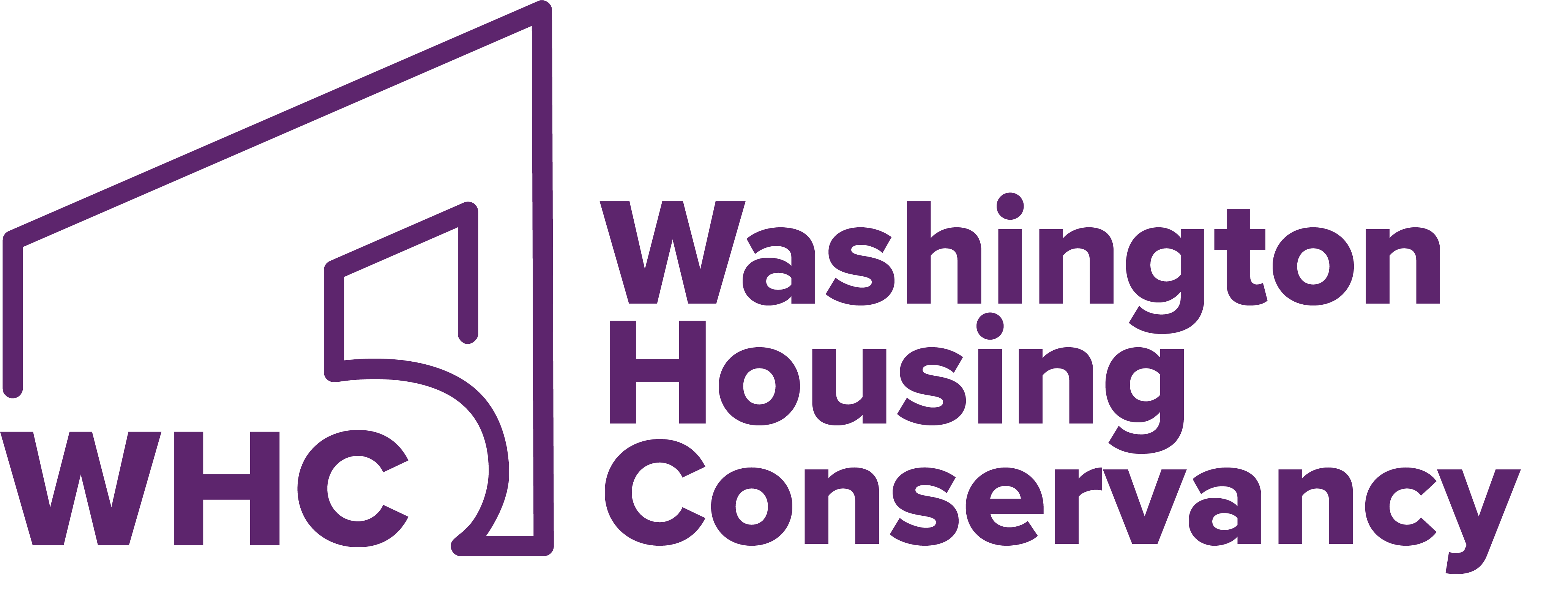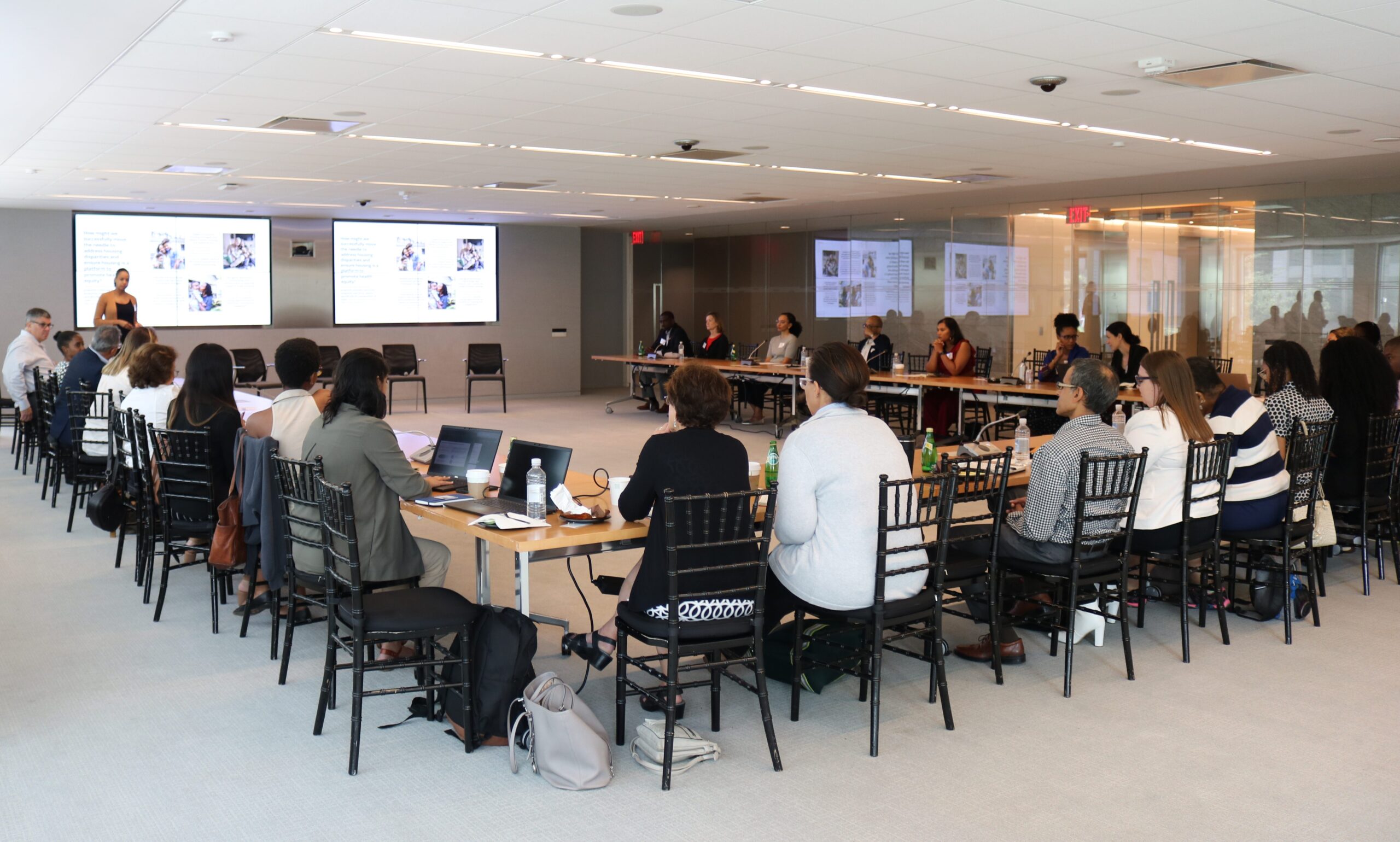
In the affordable housing space, we see daily how housing is foundational to good health and economic opportunity. The Stakeholder Council of the Washington Housing Conservancy (WHC) brought that into sharper focus last month during a lively discussion on the intersection between quality affordable housing and health equity.
WHC created the Stakeholder Council as a thought partner to anticipate and navigate future trends in equitable development, community building, placemaking, resident engagement and education, and wealth building. These regional civic leaders from multiple sectors lend their expertise toward incubating and advancing policies and practices that advance housing affordability, racial equity and economic mobility.
Here is WHC’s ranking of the top ten insights from their conversation, as shared by keynote speaker Nicole Kelm of Deloitte’s Health Equity Institute and our panelists, Maria Gomez, Former CEO of Mary’s Center, Anand Dholakia of The J. Willard and Alice S. Marriott Foundation, and Derrick Perkins of Bank of America.
- Safe, affordable housing is like a vaccine that prevents a descent into poverty or homelessness, which further exacerbates health problems and wreaks a heartbreaking human and economic toll on society.
- Too often, a community’s economic and health outcomes are dictated by the neighborhoods in which they are located. For generations, systemic racism has cemented and compounded these inequities in communities of color.
- Housing must be established as a right equal to healthcare.
- Housing plus health care equals equity and thriving people and communities.
- Is there a “build back better” for social infrastructure? Just like roads and highways, the network of social and physical structures that build relationships and foster healthy communities must be strengthened and maintained. We need to create a shared understanding and urgency around investment in a social infrastructure that includes housing and health care.
- In addition to structures and technologies, health equity is driven by nonmedical environmental, economic, and social conditions. Housing is an integral part of those “environmental” factors.
- Talk about housing often centers on barriers, like the cost to produce and maintain. But what are the other costs – social and economic – for insufficient housing? Let’s foster a mindset that investment in housing is also an investment in health and economic equity.
- Experts, philanthropists, and activists typically understand the connection between housing and health but tend to approach solutions in silos, which hinders the needed breakthroughs for systemic change.
- Incentives to marry housing and healthcare and identify new solutions are unclear. We need to generate momentum to defeat the powerful economic, systemic, and social forces that favor the status quo and make change difficult.
- Current systems and structures are not addressing the challenges and may even perpetuate health, economic and social disparities that cost us all.
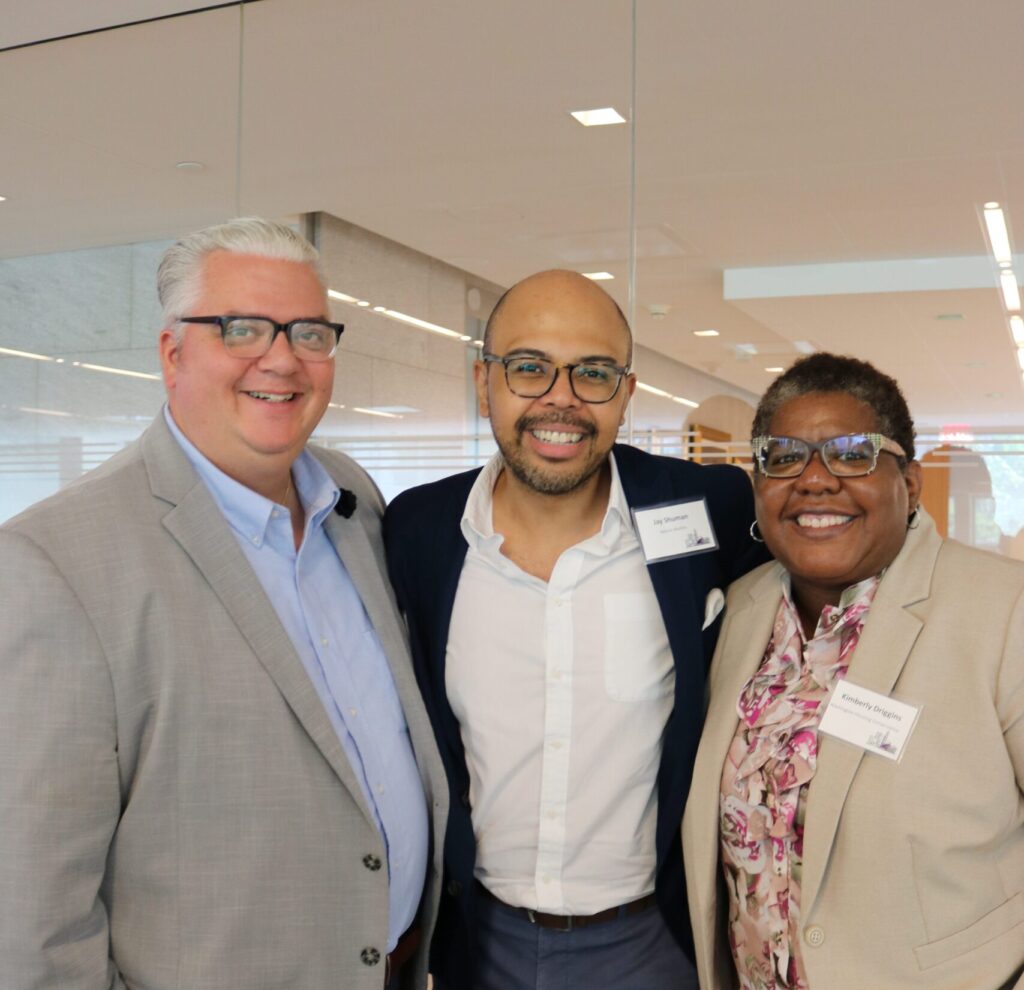
Jose Sousa from Prince George’s County, Jay Shuman from Nelson Mullins, and Kimberly Driggins
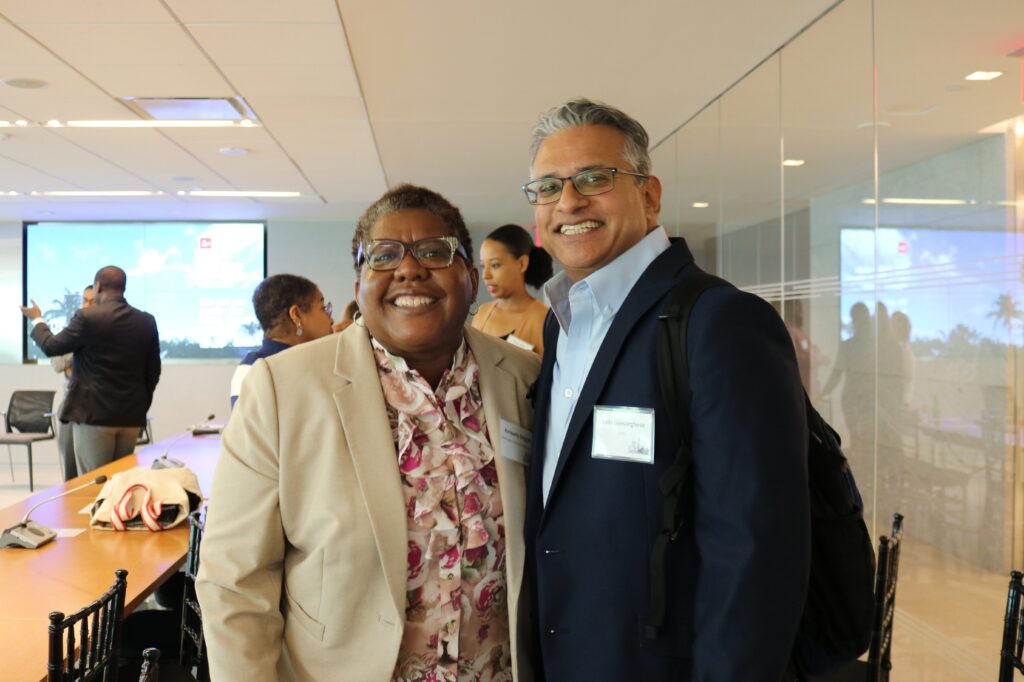
Kimberly Driggins and Salin Geevarghese from the National Initiative on Mixed-Income Communities

Preserving housing affordability and promoting economic mobility in the DC-region
The Washington Housing Conservancy is a 501(c)(3) non-profit organization. Your investment helps us expand our work. Your gift is 100% tax-deductible. EIN 83-1866109
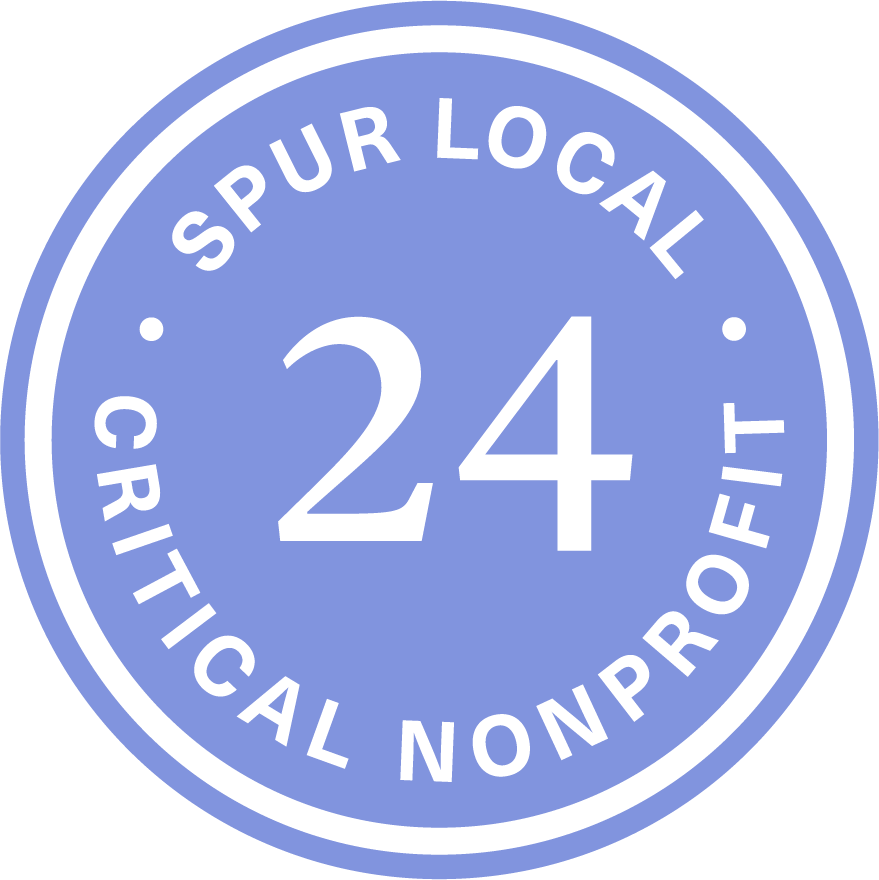

Privacy Policy Terms & Conditions
Privacy Policy
Terms & Conditions
Get in touch
Follow us
